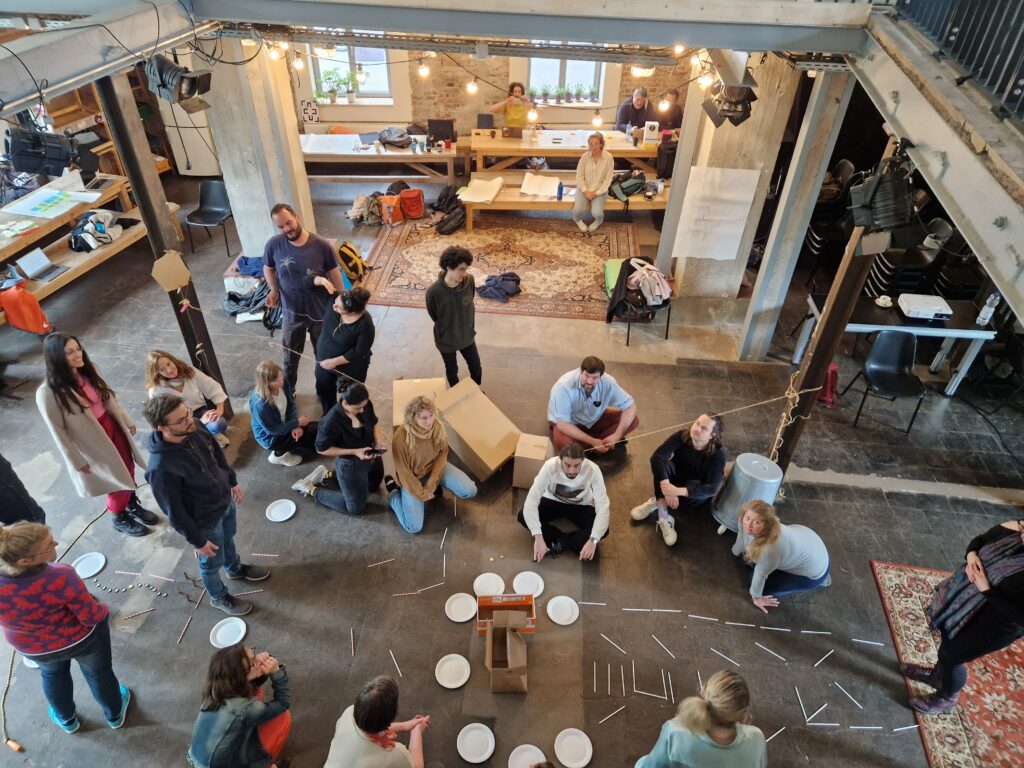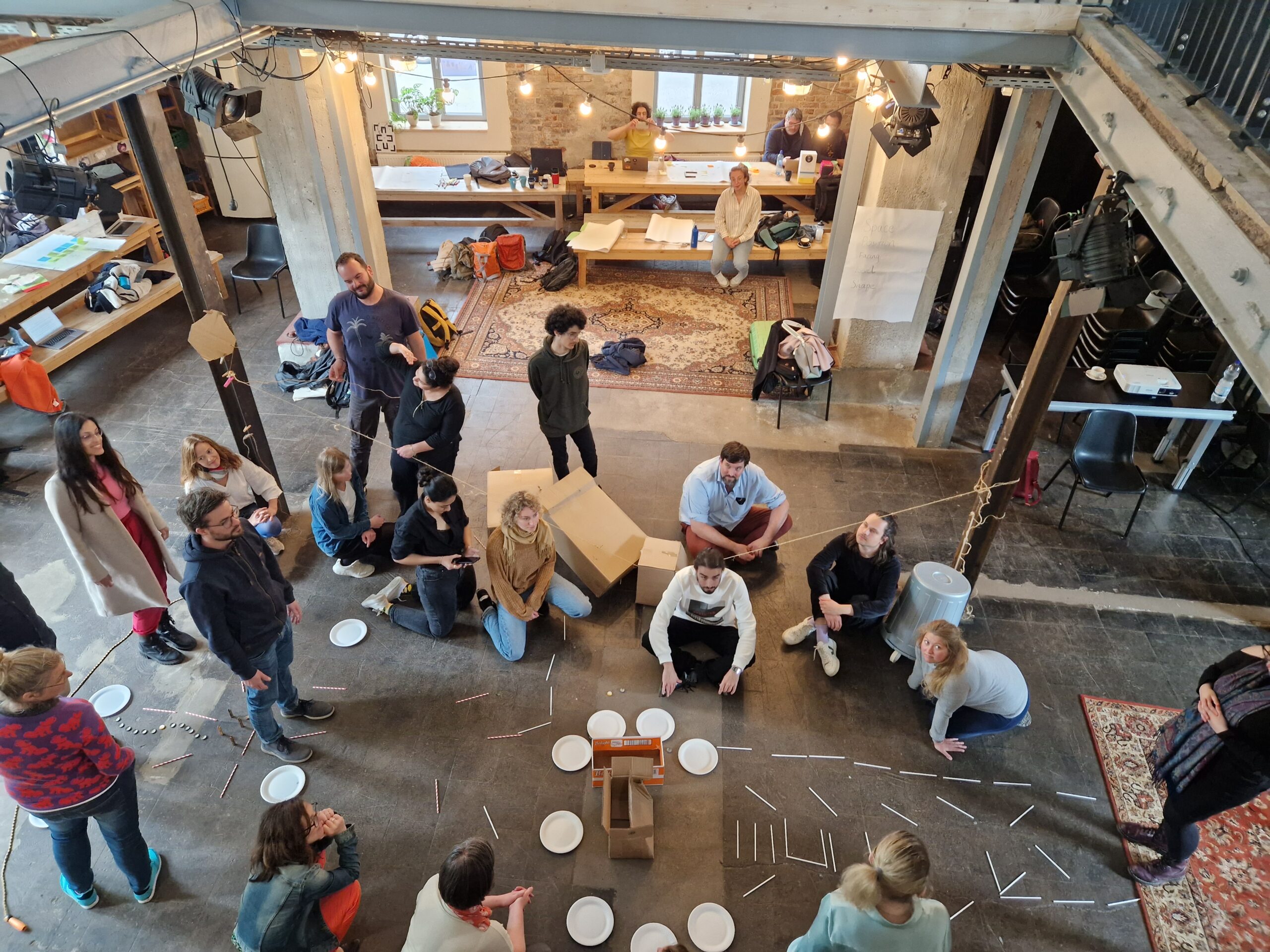by Annette Klinkert, EUSEA Executive Director
“Excellence today is about more than ground-breaking discoveries –
it includes openness, transparency and the co-production of knowledge.”
European Commission, Rome Declaration on Responsible Research and Innovation
In the midst of rapid scientific advancements and profound societal transformations, it is crucial to bridge the gap between science and society. To do so, it is no longer enough to “promote” science to “the public”. By transcending boundaries between science and society, public engagement should foster mutually beneficial relationships that democratise knowledge, enhance scientific literacy, ensure ethical innovation, and embrace a challenge and impact-driven approach to innovation. There are many reasons to promote a productive collision of science and societal actors in times of disruption:
Democratising Knowledge
Transcending boundaries between science and society empowers individuals from diverse backgrounds to participate in decision-making processes, question assumptions, and contribute unique perspectives and knowledge. New paradigms like the Citizen Science movement exemplify successful public engagement approaches, opening up multiple pathways for citizens to participate in different degrees, thereby contributing input to topics such as natural diversity, health education, biodiversity conservation, sustainable agriculture or protein folding.
Enhancing Scientific Literacy
Engaging multiple publics in scientific discourses fosters scientific literacy. Science-society dialogues enable individuals to make informed decisions and to actively contribute to debates on topics relevant to their lives. Science Festivals have proven to be effective platforms for public engagement, offering interactive exhibits and creative workshops that make scientific concepts accessible to diverse audiences.
Ensuring Ethical and Responsible Innovation
Involving multiple publics, policymakers, and stakeholders in decision-making processes ensures that scientific innovations align with societal values and needs. Examples such as public engagement in gene editing demonstrate the importance of inclusive discussions and ethical considerations when developing groundbreaking technologies.
Shifting to a Challenge and Impact-driven Research Approach
Moving away from a narrow topic-driven approach and embracing a challenge and impact-driven approach to innovation aligns scientific efforts with real-world problems. By focusing on broader challenges and desired impacts, interdisciplinary collaborations can be fostered, leading to holistic solutions that address complex societal issues.
Transcending boundaries between science and society is essential in times of disruptive technological and social transformation. We should enable researchers to face this challenge by training and empowering them to act as partners in co-creative innovation ecosystems. Our common goal? Maximising the impact of science in this world by aligning research and innovation to the complex challenges we all face!




